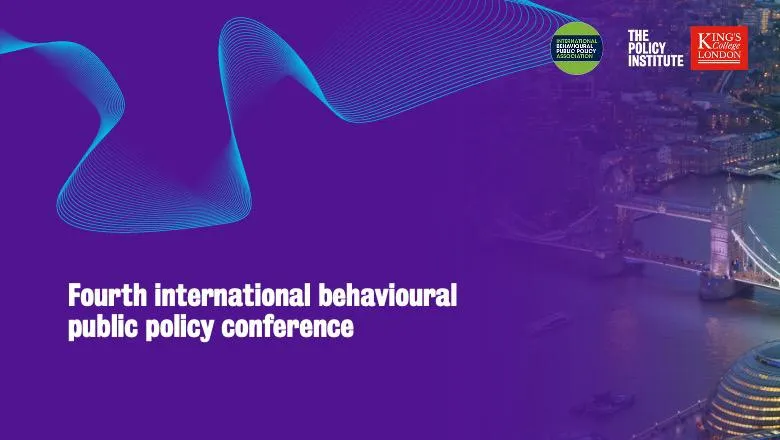
Sanchayan Banerjee
Senior Lecturer (Associate Professor) in Economics and Public Policy
Biography
Sanchayan Banerjee is a Senior Lecturer (Associate Professor) in Economics and Public Policy at the Policy Institute in King’s College London. He is a visiting fellow of the London School of Economics and an affiliate of Amsterdam Sustainability Institute and the Institute for Environmental Studies in Amsterdam.
His research focusses on developing citizen-oriented, participatory behavioural public policies and testing their effectiveness and legitimacy using experiments (field, lab and online) in areas of food policy, energy policy, public health, and charitable donations. Sanchayan has co-developed the NUDGE+ toolkit with Peter John.
Sanchayan is a seasoned university teacher with more than 8 years of teaching experience. He is a Fellow of the UK Higher Education Academy (FHEA) and holds a University Teaching Qualification (BKO) in the Netherlands. He is also an accredited external examiner in the UK. He has won three LSE Teaching Awards consecutively and two teaching innivation grants at VU Amsterdam.
Sanchayan holds a PhD (2022) and MSc (2018) from the London School of Economics. Previously, Sanchayan was a (tenured) Assistant Professor of Environmental and Behavioural Economics at Vrije Universiteit Amsterdam (2022-2024).
Research Interests
Behavioural economics, environmental economics, experimental economics, public policy
Editorial positions
Editorial board member of Scientific Reports, PLOS One, Humanities & Social Science Communications
Guest Editor: Policy and Society, Frontiers in Sustainable Food Systems, Behavioural Public Policy
Previously: co-Editor, New Voices, Behavioural Public Policy
Research Supervision
Sanchayan is open and available to supervise doctoral research students in areas of environmental policy, health policy and charities using behavioural insights and experiments. Please reach out to him if you are interested to apply.
Events

Fourth International Behavioural Public Policy Conference
The School for Government and the Policy Institute at King's are hosting the fourth IBPPC in London, bringing together academics, policymakers, and...
Events

Fourth International Behavioural Public Policy Conference
The School for Government and the Policy Institute at King's are hosting the fourth IBPPC in London, bringing together academics, policymakers, and...
